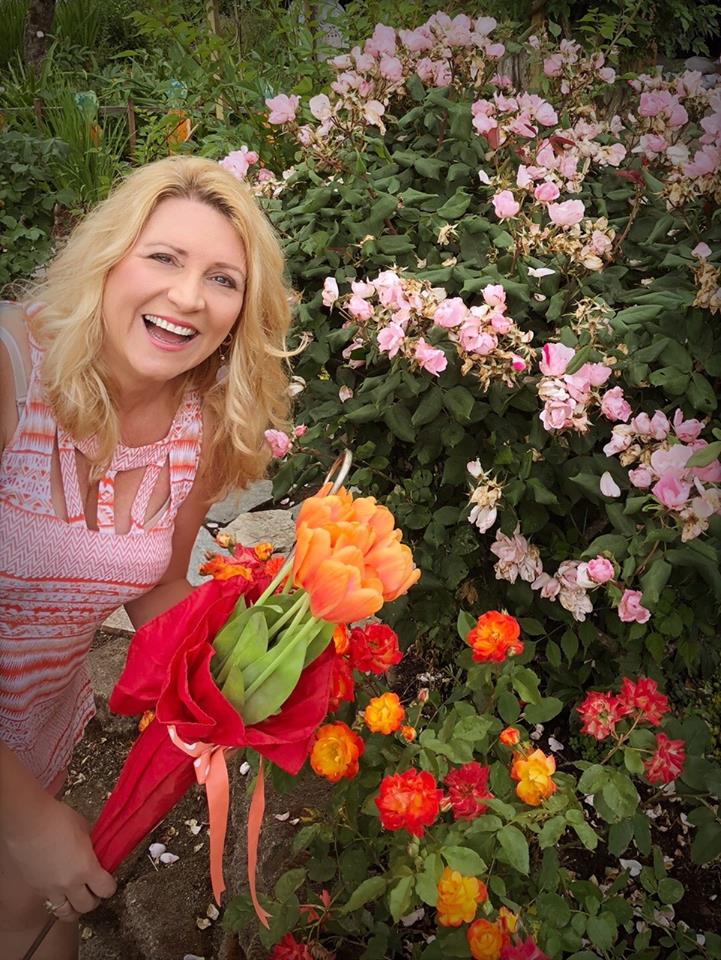Entertainment
Radio host Delilah shares advice about losing a child

Delilah, who also lost her son Sammy in 2012 at 16 from complications from sickle cell anemia, has raw advice for people on what not to say to parents who lose their children. (File Photo: Delilah/Facebook)
NEW YORK – One year ago, syndicated radio host Delilah Renee Luke – known professionally as just Delilah – experienced the unimaginable: Her teenage son Zack killed himself at 18.
She took some time away from her job to grieve but is now back on the air and also has a new book out called “One Heart at a Time,” sharing personal stories and life lessons to hopefully inspire others to examine their own lives and find purpose about what really matters.
Delilah, who also lost her son Sammy in 2012 at 16 from complications from sickle cell anemia, has raw advice for people on what not to say to parents who lose their children.
“The worst thing you can do is say, ‘I know how you feel.’ Please don’t say that to somebody who has lost a child because unless you have lost a child, you don’t know how I feel. Please don’t say ‘He’s in a better place.’ I have an amazingly strong faith and I believe that my two boys are at rest with my Lord. I don’t want them there. I want them here, so telling me they’re in a better place is a knife to my heart,” she said. “They are supposed to be in a better place when they’re 70 or 80 or 90, not 17 or 18.”
She continued: “Don’t say to somebody who has lost a child, ‘Well, they’re a little angel now looking out for you.’ My son is not a little cherub floating. He wasn’t a cherub here on Earth, for God’s sake. You know, he was a wild child. He was passionate and he was crazy.”
So what do you say when you want to say something to a grieving person?
“Just say, ‘I love you,”’ she said. “’What can I do for you? Can I pick up the kids after school? Can I take you out to dinner? Can I bring dinner to you if you don’t feel like leaving the house?”’
Delilah said people need to be talking about teenage suicide. “We need to be talking about it every day. You know, back in the day, we didn’t talk about teenage pregnancy. We didn’t talk about how to prevent STDs. We didn’t talk about health care. When I was on the air and my grandmother died from breast cancer, I wasn’t allowed to say ‘breast cancer.’ I had to say ‘cancer’ or ‘women’s cancer.”’
Suicide rates for teens rose between 2010 and 2015 after they had declined for nearly two decades, according to data from the federal Centers for Disease Control and Prevention. Why the rates went up isn’t known, but Delilah said talking about it might help.
“We’re talking a lot more about things that used to be hidden or shameful but we need to talk about this epidemic,” she said. “There are three kids in my community who took their lives within a few months of each other.”





















